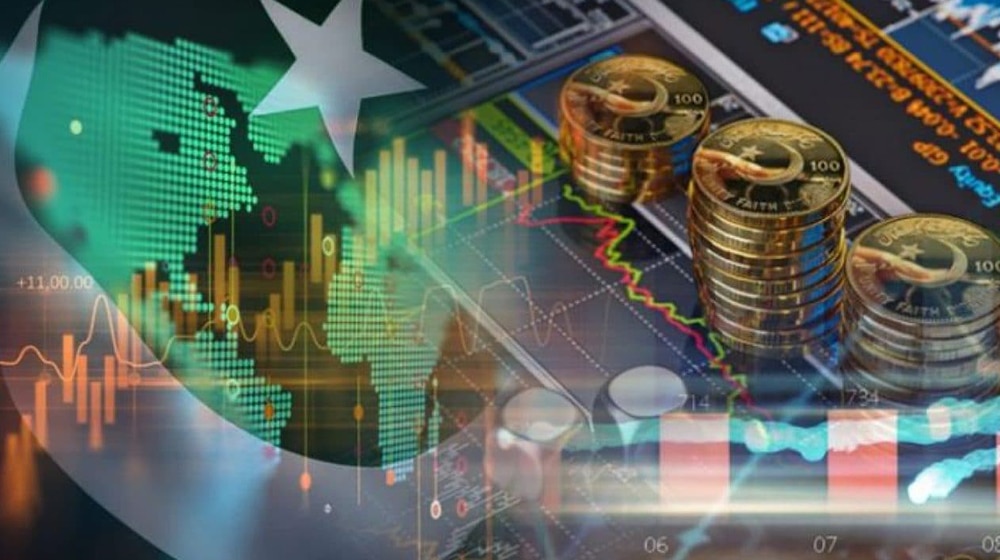Zafar iqbal
Pakistan’s government proudly highlights its hard-won economic stability — a fragile equilibrium achieved through austerity, loans, and structural reforms that pulled the economy back from the brink. Yet, beneath the rhetoric of recovery lies a harsher reality: this stability has not translated into better living standards or meaningful human development. Economic survival is being mistaken for progress, while millions remain caught between inflation, unemployment, and failing public systems.
<a href=”https://www.republicpolicy.com”>www.republicpolicy.com</a>
At the recent Sustainable Development Conference in Islamabad, UNDP’s Resident Representative Dr. Samuel Rizk captured this duality aptly, describing a “tale of two Pakistans” — one reflected in spreadsheets of macroeconomic stability, and the other in the lives of citizens facing daily hardship. Despite temporary fiscal balance, Pakistan’s ranking on the Human Development Index (HDI) fell to 168th out of 193 countries, placing it among the world’s lowest. The country’s HDI score of 0.544, declining from last year’s 164th rank, exposes the widening gap between macroeconomic optics and the ground reality of deprivation.
<a href=”https://www.youtube.com/@TheRepublicPolicy”>https://www.youtube.com/@TheRepublicPolicy</a>
The picture worsens when inequality is factored in. Pakistan’s adjusted HDI plunges by over 33 percent — a grim reminder that headline growth fails to reach most citizens. Behind every decimal point are human stories: malnourished children, overburdened families, and communities without schools, sanitation, or clean water. Nearly 40 percent of children under five are stunted, and about 25 million are out of school. The state’s inability to address these core deficits turns economic stabilization into a hollow achievement.
<a href=”https://x.com/republicpolicy”>https://x.com/republicpolicy</a>
The climate crisis adds another layer of vulnerability. Floods, droughts, and extreme weather now routinely erase whatever developmental gains are made. The 2022 floods alone caused losses exceeding $30 billion, crippling agriculture and displacing millions. This year’s floods added another $2.9 billion to the toll. Yet, climate resilience remains sidelined in national planning, leaving rural and urban communities equally exposed to future shocks. Without integrating climate adaptation into economic strategy, Pakistan risks losing not just its stability but its sustainability.
<a href=”https://facebook.com/republicpolicy”>https://facebook.com/republicpolicy</a>
The disconnect between fiscal and social policy stems largely from chronic underinvestment in human capital. Public spending priorities remain tilted toward short-term economic optics — debt repayments, subsidies, and administrative expenditures — while health, education, and infrastructure languish. With a tax-to-GDP ratio barely touching 10.3 percent, far below the IMF’s 15 percent benchmark, the government has little fiscal room for reform. High-income sectors and elite rent-seekers remain under-taxed, perpetuating a cycle of inequality and dependence.
<a href=”https://www.tiktok.com/@republic_policy”>https://www.tiktok.com/@republic_policy</a>
Dr. Rizk noted that Pakistan receives about $14 billion annually in multilateral financing from global institutions like the IMF, World Bank, and ADB. However, to meet the Sustainable Development Goals, it requires close to $50 billion annually — roughly 15–17 percent of GDP. This staggering gap underscores the futility of mere stabilization without structural reform in domestic revenue generation. Unless Pakistan broadens its tax base and reallocates resources toward social development, human welfare will remain hostage to economic cycles and donor dependency.
<a href=”https://instagram.com/republicpolicy”>https://instagram.com/republicpolicy</a>
The policy inertia also reflects a lack of long-term institutional coherence. Fragmented governance, politicized decision-making, and absence of integrated development planning have turned human development into an afterthought. As a result, Pakistan’s citizens bear the brunt of policy failures — from degraded hospitals and schools to unsafe drinking water and housing insecurity. The state continues to chase external validation of “stability” while failing to deliver the essentials that define progress in real terms.
<a href=”https://whatsapp.com/channel/0029VaYMzpX5Ui2WAdHrSg1G”>https://whatsapp.com/channel/0029VaYMzpX5Ui2WAdHrSg1G</a>
To move beyond this paralysis, Pakistan must redefine stability as a means, not an end. Economic growth should serve people, not the other way around. Redirecting fiscal priorities toward social safety nets, universal education, primary healthcare, and climate resilience is the only way to transform temporary balance into sustainable prosperity. The government must recognize that without investing in its people — their health, knowledge, and safety — no measure of macroeconomic recovery will endure. Stability without social justice is merely stagnation disguised as success.
















